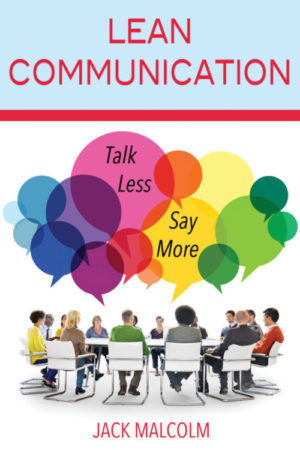Vote for Pinocchio
This is personally a very painful post to write, but I have to go where the evidence leads, and the evidence seems to show that apparently, the truth is for suckers. If you want to get ahead in business or politics today, lying seems to be a very useful tool. That’s the sad conclusion I have to reach after observing what’s going on in our society, our business, and our world.
There was an article in Sunday’s New York Times that states, that “the truth is starting to look deeply out of fashion.” It details the –shall we say—inaccuracies contained in many of the presidential candidates’ statements and stories, including those Ben Carson, Carly Fiorina, Donald Trump and Hillary Clinton. (If I left out other names, it’s not necessarily because honest, or an indication of my personal preference—there’s only so much room in this blog.)
The point is not that people are lying more today; there’s no evidence for comparison, and one can find plenty of instances of politicians lying in the past. I’m reminded of Churchill’s quote: “Men occasionally stumble over the truth, but most of them pick themselves up and hurry off as if nothing ever happened.”
What does seem to be different, though, is that the risk/reward calculation has changed significantly. Lying has always been risky, but the consequences of being caught seem to have decreased significantly, if not disappeared entirely. Indeed, being caught in lies can even be a positive—witness the fact that Ben Carson raised over $3 million in the week after questions came out about stories he has told about his past.
When Gary Hart and Joe Biden were caught in lies during their campaigns, they could not figure out how to keep their campaigns going. Nowadays, candidates seem to have a variety of effective strategies at their disposal:
They can lie about lying. When Trump was confronted over things he said about Marco Rubio, he denied that he had said it, even though the statement was prominently on his web site.
They can attack the attacker. That’s Carson’s approach, but in total partisan fairness, Hillary Clinton has excelled at this for years, blaming the vast right-wing conspiracy.
They can totally ignore the accusation. This appears to be Fiorina’s strategy, and it can work because the relentless news cycle and the sheer prevalence of dishonesty virtually guarantee that people will forget about it when a bigger lie comes out from someone else..
They can issue a disclaimer up front. Jack Shafer explains how Barack Obama did this in his autobiography: “For the sake of compression, some of the characters that appear are composites of people I’ve known, and some events appear out of precise chronology.” In other words, some of what you read is not true, so govern yourself accordingly.
But this blog is not about politics, so why even bring it up? Because dishonesty seems to be running rampant in the business world as well. The recent revelations about Volkswagen are only the most egregious example. But at least VW is paying a high price for having been caught lying; the same is probably not true for most companies and executives. Jeffrey Pfeffer, in his new book Leadership BS: Fixing Workplaces and Careers One Truth at a Time has a whole chapter on lying. He makes a strong case that lying is prevalent at all levels of business, and especially so at higher ranks, where power seems to make it easier for people to justify it to themselves. And the sad fact is that most of them get away with it.
And it applies at lower levels too—here are some statistics he cites:
- 44% of 2.6 million job applicants lied about their work histories
- People lie on average 1.65 times a day, according to a 2011 study
- 45% of sales managers have heard their reps lying about delivery times
Why do they get away with it? Carson is well-loved by evangelicals, who would presumably be the most likely to take offense at the violation of one of the Ten Commandments. But they don’t seem to be fazed by it; maybe the fact that it’s #9 on the list means that it’s not really that bad.
I would blame it on cognitive dissonance. When our beliefs clash with evidence, it’s much easier to ignore, rationalize or even attack the evidence than it is to reexamine our beliefs. We would much rather fool ourselves than admit someone else is fooling us; like the subjects of the emperor who had no clothes, we become willing participants in the lie. Remember what Richard Feynman said, “The first rule is never to fool yourself, and you are the easiest person to fool.”
Pinocchio was undone by the fact that his nose grew longer every time he lied, but if he were around today, his long nose would probably be an asset. He would probably lead the polls in either party, or make a great CEO.
From the ethical standpoint, there is no gray area. Lying is wrong, period. From a practical standpoint, well…




